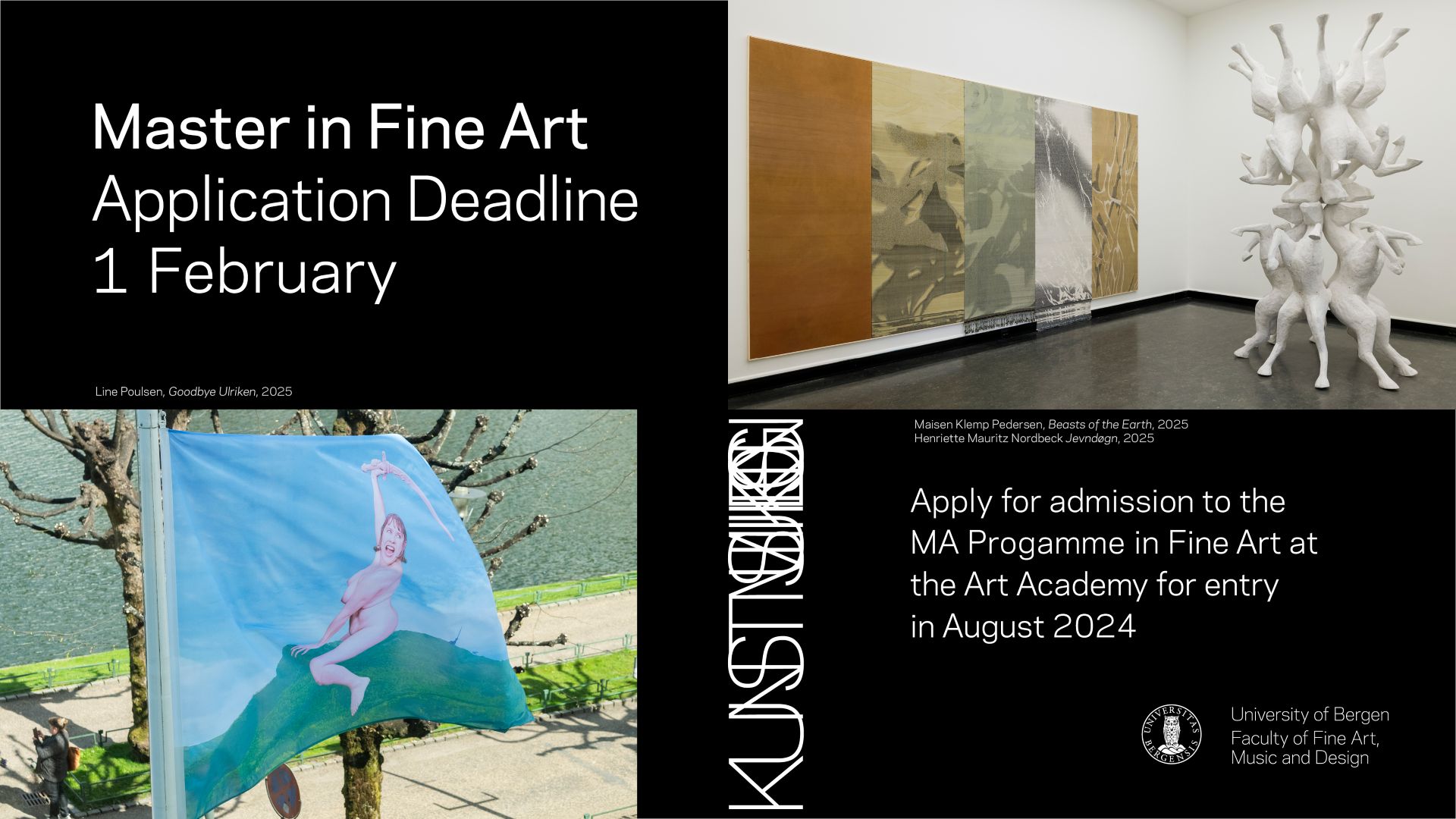
Jules Fischer, It Doesn’t Look Like Anything to Me. Part of Tales of Love and Fight, Enter Art Fair, Copenhagen. Curated by Irene Campolmi
At this year’s art fair, visitors could experience a Gesamtkunstwerk of sculptural works, sound, textiles, and performance. Jules Fischer’s performance was particularly unforgettable. In the large, cool exhibition hall, a resounding cello echoed in the background as four performers successfully managed, despite the surroundings, to create a tender and intimate space in which bodies interacted, drifted apart, and were united again through ambiguous narratives. An atmospheric performance capable of embracing the slow, the vulnerable, and the emotionally moving.

Anita Beikpour and Magnus Pind, Det sidste åndedrag (The Last Breath), Andromeda8220, Aarhus. Curated by Aysha Amin
How do you hold on to the memories of a home that was in a state of constant change for years before ultimately being razed to the ground? For many who live in so-called ‘at-risk’ residential areas, that has been the reality for years, particularly after the Danish government’s ill-named “ghetto scheme” from 2018. Presenting four different, delightfully weird scent sculptures in selected places in the Gellerupparken housing estate, Beikpour and Pind investigated how stories and memories can be recreated through the smell of fresh laundry, cigarette butts, and incense, even after the places themselves have ceased to exist.

Lee Lozano, The Ultimate Metaphor Is a Mirror, Kunstforeningen Gl. Strand, Copenhagen
Everything was tautly, dynamically vibrant at the exhibition featuring American artist Lee Lozano (1930–1999). Up through the 1960s, she repeatedly depicted fragmented male figures with cocks prominently on display alongside tools such as screwdrivers, anvils, hammers, and spanners, thereby creating imagery that is disturbing, powerful, and deeply erotic. The juxtaposition of the fast-moving, masculine, and carnal against static and metallic machine aesthetics, as exemplified by the so-called tool paintings, is an essential component in the disorienting maelstrom of meanings that dominates her work. Lozano left behind an oeuvre of striking complexity, and I hope that we will see more exhibitions of this kind.
Art historian Claudine Zia is one of Kunstkritikk’s regular contributors and a resident of Copenhagen. She is also one of the members behind The Union, a trade union for racialised artists and art workers in Denmark.
For this year’s contributions to Kunstkritikk’s Advent Calendar, see here.
